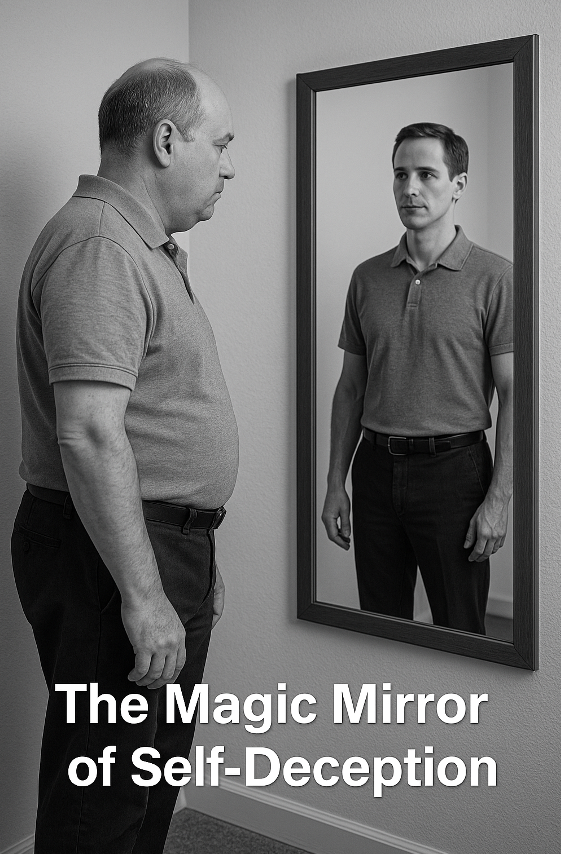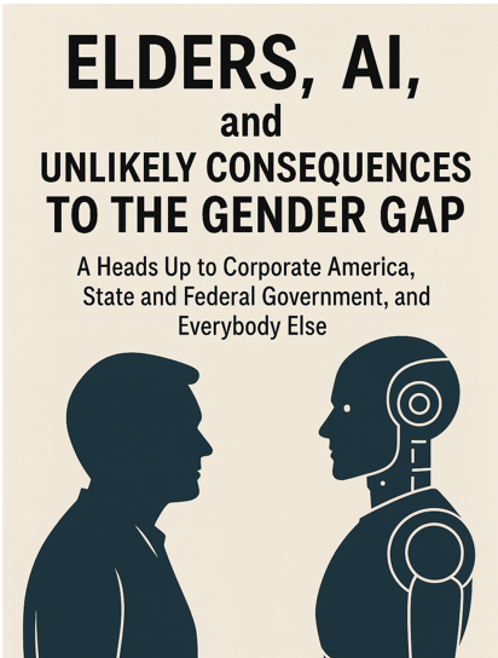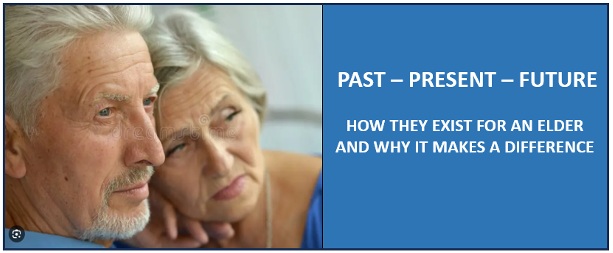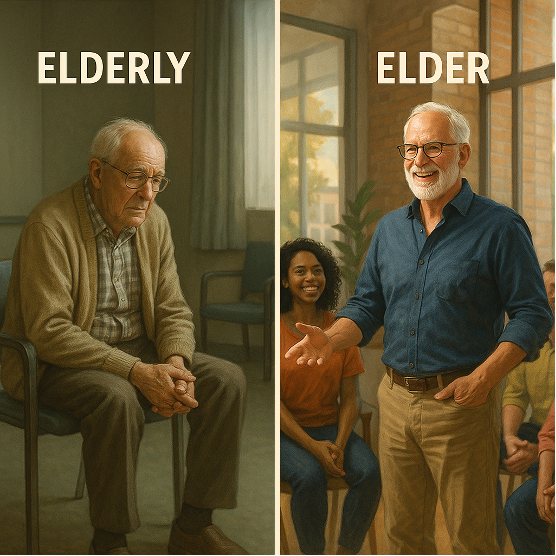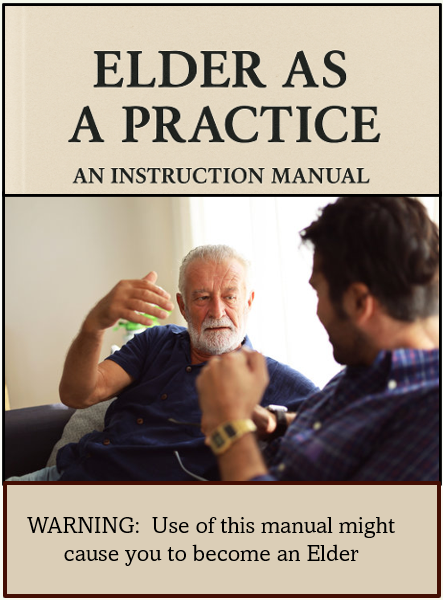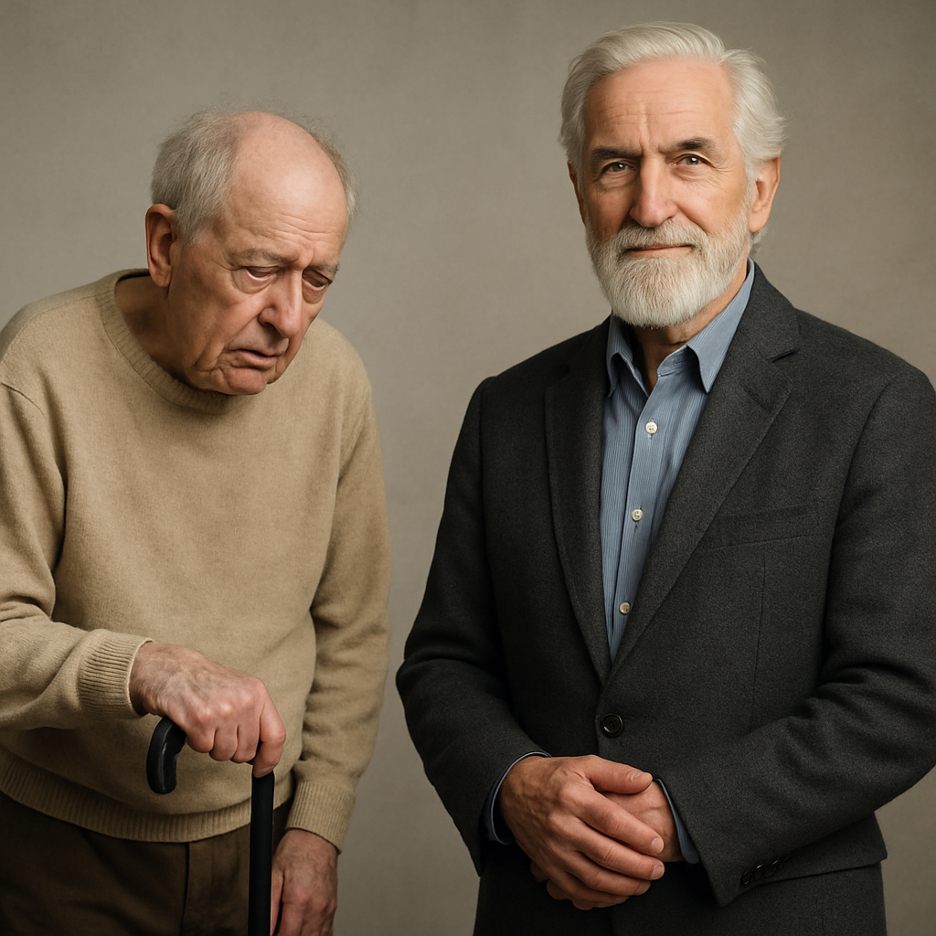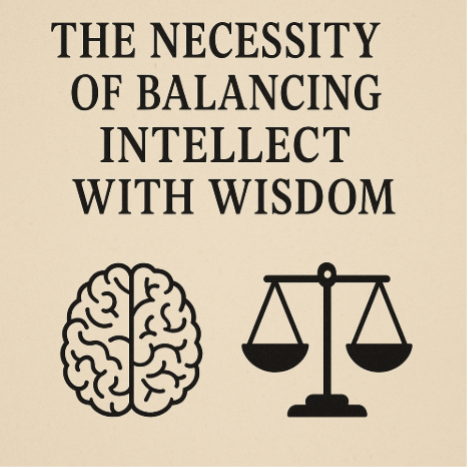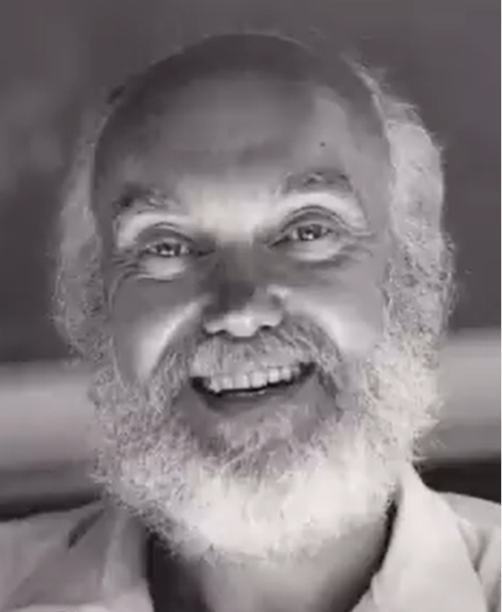HOW ELDERS SLOW DOWN TIME
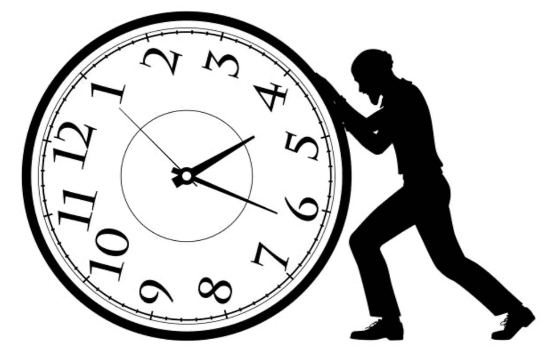
HOW ELDERS SLOW DOWN TIME
TIME - WHAT WE KNOW AND WHAT WE EXPERIENCE
“Where did the time go?” A frequent comment expressed by all of us but with increasing frequency as we age. Time appears to pass faster as we get older, a perception that, if extended, can lead to regrets, doubts, and anxiety.
According to psychologist and BBC columnist Claudia Hammond, “the sensation that time speeds up as you get older is one of the biggest mysteries of the experience of time.” Fortunately, some very insightful models have given us a better understanding of this occurrence. Scholars and psychologists have documented this speeding up of ‘subjective’ time with age, but there is now some evidence for its cause.
Professor Adrian Bejan presented an argument based on the physics of neural signal processing. He hypothesized that as we age over time, the rate at which we process visual information slows down, making time speed up.
As we age, Professor Bejan contends, the size and complexity of the networks of neurons in our brains increases – electrical signals must traverse greater distances, so the signal processing takes more time. Moreover, aging causes our nerves to accumulate damage that provides further resistance to electric signal flow, further slowing processing time.
Focusing on visual perception, Bejan suggests that slower processing times result in us perceiving fewer ‘frames-per-second’ – more actual time passes between the perception of each new mental image. This slower processing time has us feel that time is passing more rapidly.
It might seem like an oxymoron, but it is the perfect straight-line equation. Slowing the processing speed, the perception of time speeds up.
Bejan says, “When we were young, each second of actual time was jam-packed with many more mental images. So, like a slow-motion camera that captures thousands of images per second, time appears to pass more slowly.”
So, according to Behan, when you are younger, your processing time is much shorter, so time seems much slower. Remember middle school and how slow the minutes to 3:30? Conversely, when you are older, time seems faster because your processing speed is slower.
Younger people’s capacity to process input is much faster than those in the upper middle-aged and certainly late-aged. It’s not that their experiences are any deeper or more meaningful; it’s just that they process in rapid fire.
This hypothesis directly supports Einstein’s Special Theory of Relativity, where time is relative—in other words, the rate at which time passes depends on your frame of reference. The slower frames, the faster time.
In another fascinating study, psychologists Marc Wittmann and Sandra Lenhoff surveyed 499 participants, ranging in age from 14 to 94 years, about the pace at which they felt time moving—from “very slowly” to “very fast.”
The report from this study was that when participants were asked to reflect on their lives, the participants over 40 felt that time elapsed slowly in their childhood. Still, then time sped up steadily through their teenage years into adulthood.
And the familiar maxim of “time does fly when you’re having fun” reveals another aspect of the perception of time. Engaging in novel exploits makes time appear to pass more quickly. But when we remember those activities later, they will seem to have lasted longer than more mundane experiences.
This study postulates that our brain encodes new experiences, but not familiar ones, into memory. Our retrospective judgment of time is based on how many new memories we create over a certain period. In other words, the newer memories we build on a weekend getaway, the longer that trip will seem in time.
This phenomenon, dubbed the holiday paradox, seems to present another hypothesis as to why, in retrospect, time seems to pass more quickly the older we get. From childhood to early adulthood, we have many fresh experiences and learn countless new skills. As adults, though, our lives become more routine, and we experience fewer unfamiliar moments.
HOW ELDERS SLOW DOWN TIME
A primary objective of our work is to enable the last third of life to be as good as we can make it. Slowing down time has tremendous upside and minimal downside.
As we now better understand the various velocities of time. We know that engaging in new experiences slows the perception of time. As an elder, these new experiences can best be attained within, not outdoors. The quest for more profound self-discovery and self-understanding allows one to experience themselves and, therefore, the world freshly. New experiences aplenty.
Elders meditate—meditative practices where you can distill time to a moment. There is no “tick-tock” clock time in meditation. Meditation provides the opposite of how we hold time in our culture.
Time in our Western culture always includes the past and future. The moment resides only in the very instant, like a shooting star, and then disappears into the next moment. Residing only in this very moment slows down time significantly post-meditation.
Elders have a complete toolbox to slow time - even to stop time for a while. This capacity to slow down time allows elders greater peace, ease, and grace. It promotes better decision-making, thoughtful communication, and a greater understanding of themselves, others, and the world.
Another remarkable benefit is that slowing down time enables greater access to higher wisdom and a larger capacity to provide sound counsel. Finally, slowing down time directly enhances mental, physical, and spiritual well-being.
Older, speed time. Elder, slow time.
One of the top ten Elder Songs
